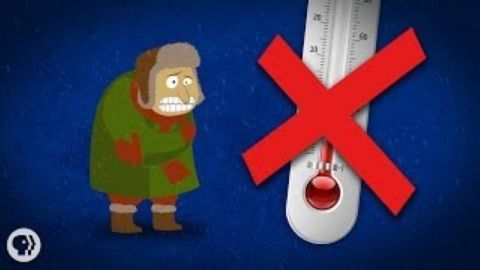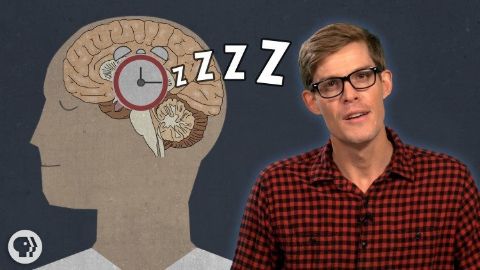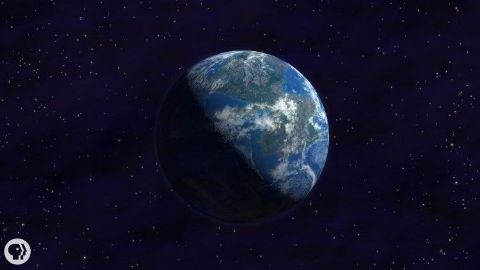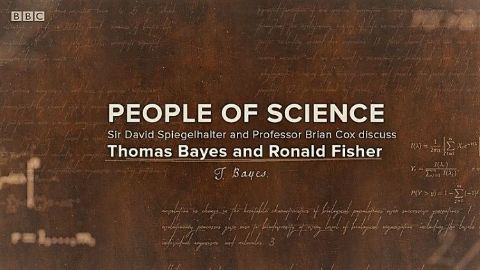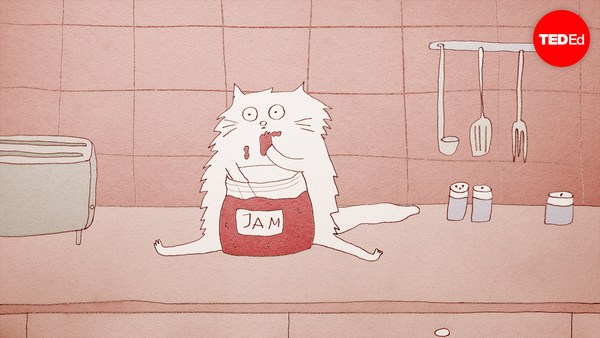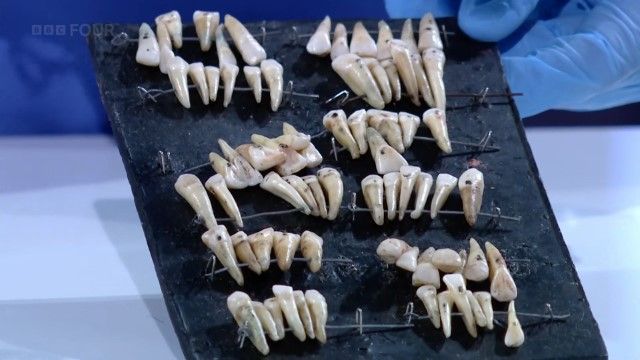It's Okay To Be Smart • 2015 - 2016 • 6 episodes •
Ever wonder how the heart symbol came to stand for the actual heart? And why do we speak of the heart as the seat of love, when love really happens in our brains? Is it true that animals only get a billion heartbeats? This week, we give you enough cool cardiac science to make your heart skip a beat.
Learn the basic science of climate change in 24 easy steps.
You've felt cold before. Sometimes it's cold outside. But what if I told you that "cold" isn't real? There's no substance or quantity called "cold" in science. We can't measure the amount of "cold" in something. Instead it's about what's NOT there.
Why do we sleep? We spend a third of our lives in slumber, but science has yet to determine exactly why we have do it. Here’s a look at how sleep works, why we’re not getting enough sleep, what happens if you DON’T sleep, and an idea about where sleep came from in the first place.
2015 • Health
100,000,000 years from now, a team of alien geologists arrive at a mysterious blue-green planet, and decide to investigate. Here's what they'll find…
2016 • Science



